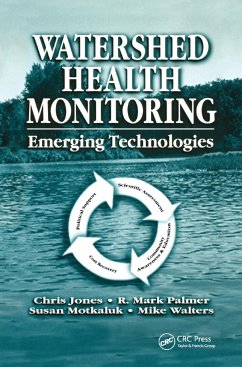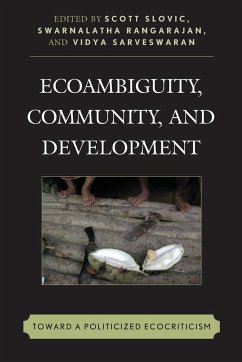
Watershed Development and Livelihoods
People's Action in India
Versandkostenfrei!
Versandfertig in 1-2 Wochen
108,99 €
inkl. MwSt.
Weitere Ausgaben:

PAYBACK Punkte
54 °P sammeln!
This book analyses the empowerment process of the Bhil as a result of the implementation of the watershed project in Jhabua. This visionary project, planned and implemented by the Bhil community, has put in place an integrated strategy that has given them control over their livelihood. It is examined against the backdrop of a framework that links three important aspects-biophysical (resource management and ecological balance), socio-economic (productivity, agricultural growth and livelihood support) and institutional (sustainable resource use, equity and benefit-cost sharing); and their comple...
This book analyses the empowerment process of the Bhil as a result of the implementation of the watershed project in Jhabua. This visionary project, planned and implemented by the Bhil community, has put in place an integrated strategy that has given them control over their livelihood. It is examined against the backdrop of a framework that links three important aspects-biophysical (resource management and ecological balance), socio-economic (productivity, agricultural growth and livelihood support) and institutional (sustainable resource use, equity and benefit-cost sharing); and their complex interactions.













